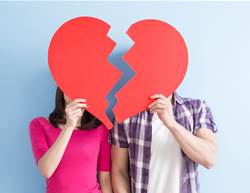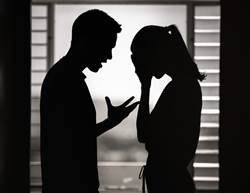Of all the conditions that interfere with sexual health, lack of libido is the most common – and the most complex. Low desire affects 15-30 per cent of premenopausal women and more than 50 per cent of postmenopausal women. Some, but not all, suffer from hypoactive sexual desire disorder, defined as an absence of sexual thoughts, fantasies or desire for sexual activity that causes personal distress or relationship problems. As a specialist in women’s health, these are the most common questions I get asked about libido.
Since menopause, I never feel excited about sex. What can I do?
The hot flushes, irritability and insomnia brought on by declining oestrogen levels can kill any woman’s libido. Plus, about half of postmenopausal women experience vaginal dryness that causes pain during intercourse. In a study of more than 4,000 women, 65 per cent of those who experienced vaginal dryness also reported low libido, and two-thirds rarely engaged in sex. Painful intercourse is treatable, so talk to your doctor; studies show that when sexual activity is pleasurable, a stronger libido will follow.
I have no interest in sex. Should I have my hormones checked?
Hormones do affect libido, but in premenopausal women there appears to be very little correlation between a woman’s specific oestrogen and testosterone levels and her desire for sexual activity, so a hormone check wouldn’t be revealing. A blood test can rule out conditions like diabetes and hypothyroidism, which may decrease libido or interfere with sexual pleasure. But, ultimately, the health of the relationship seems to have the greatest impact on desire, along with financial pressures, stress and your lifestyle. Take some time to check in with your partner, and yourself, about your relationship and the many other pressures you may be facing – talking about your concerns is a great place to start.
I’m only 30 and I really love my husband, yet my libido is non-existent. What could be going on?
Medication may be the culprit. Some birth control pills can interfere with the function of testosterone – a libido-boosting hormone – by raising production of a protein called sex hormone binding globulin. When the levels of this substance are higher, more testosterone binds to it, meaning it’s no longer available to stimulate sex drive. Some antidepressants – the selective serotonin reuptake inhibitors – can also dull desire. Not taking either of these medications? A counsellor specialising in sexual issues may be able to help you solve the problem. Your doctor may be able to recommend one to you, as well as discuss the possible health issues that may be impacting on your libido.










